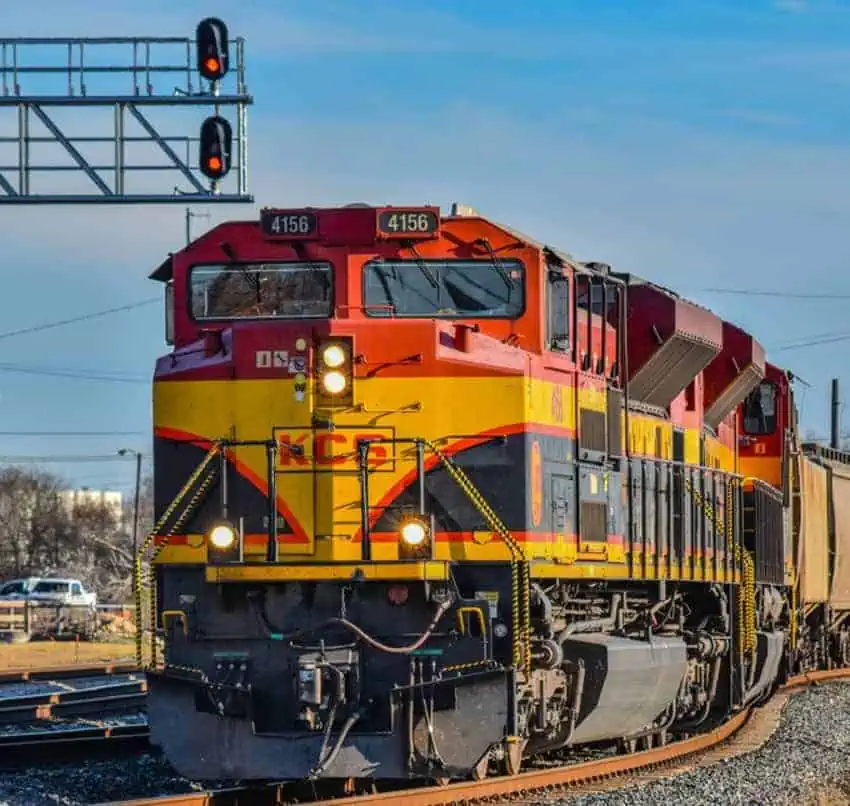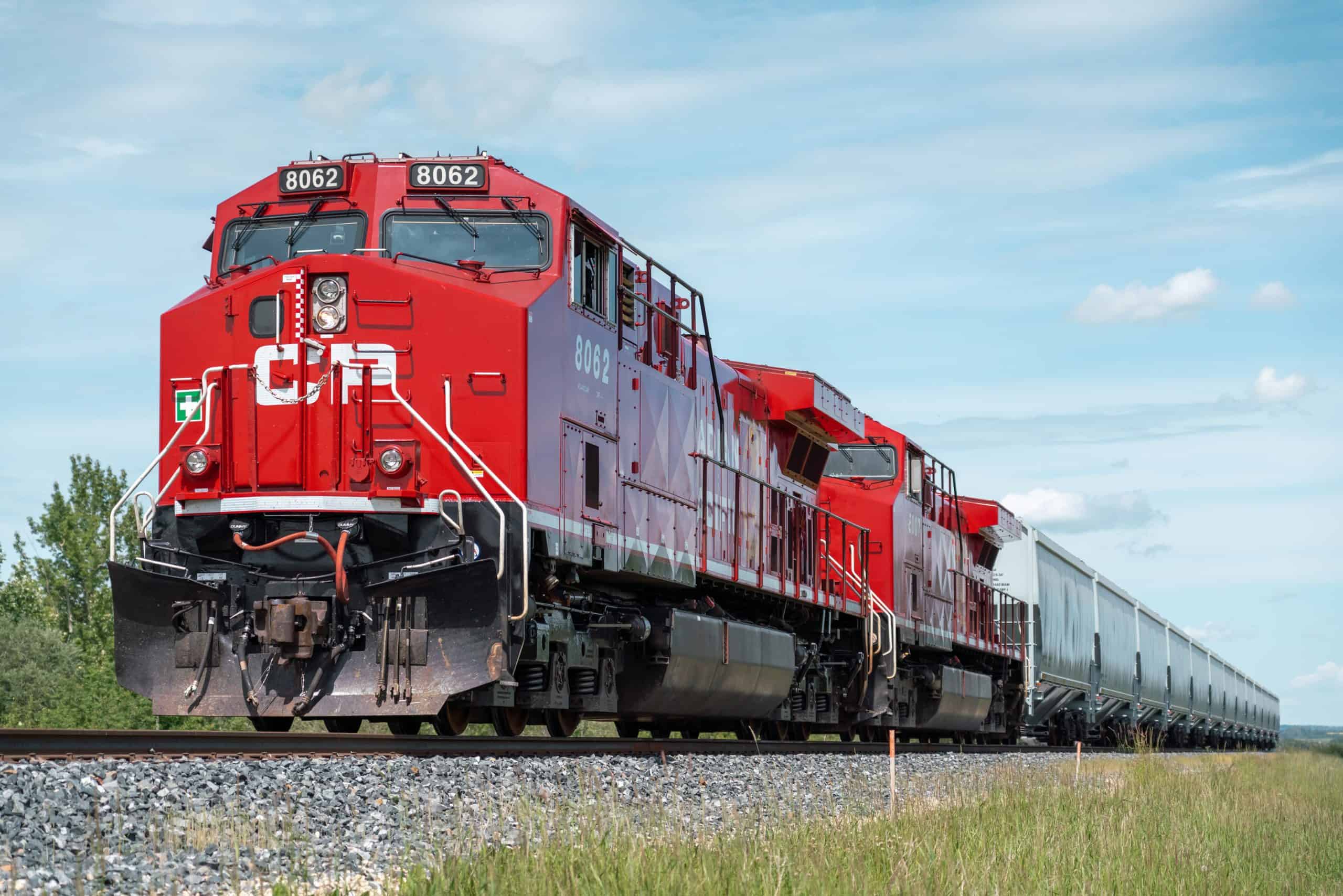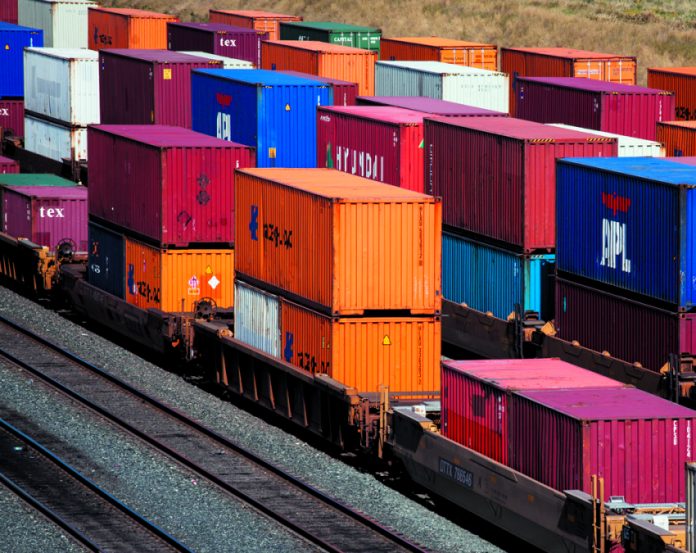A United States federal regulator approved the first major railroad merger in two decades on Wednesday, creating a railroad that would be the first to operate a single-line service linking Mexico, the U.S. and Canada.
Canadian Pacific’s US $31 billion acquisition of Kansas City Southern (KCS) was approved after two years of scrutiny by the U.S. Surface Transportation Board. In approving the deal, the board said that the new single-line service would shift about 64,000 truckloads per year to rails from the road, fostering investment in infrastructure, quality and safety.

The new merged entity will be known as Canadian Pacific Kansas City (CPKC) and will be the parent company to Kansas City Southern México (KCSM), which announced plans to invest US $200 million in Mexico last month.
The new railroad will transport grain from the Midwest to the Gulf Coast and Mexico, as well as intermodal freight goods between Dallas and Chicago. It will facilitate “the trade in automotive parts, finished vehicles and other containerized mixed goods between the United States and Mexico,” the board said.
The U.S. regulator also said that the merger would not reduce competition and will add more than 800 union jobs in the U.S.
“On balance, the merger of these two railroads will benefit the American economy and will be an improvement for all citizens in terms of safety and the environment,” U.S. Surface Transportation Board Chairman Martin J. Oberman told a news conference on Wednesday.
After service problems and economic damage that followed railroad mergers in the 1990s, regulators adopted tougher rules for major mergers in 2001, making the Canadian Pacific and KCS merger the largest since. The merger plan would combine the two smallest of the major railroads in Mexico, the U.S. and Canada into one entity, forming the sixth-largest carrier behind Canadian National.

When the news of the merger was first announced in 2021, independent railroad analyst Tony Hatch told AP News that the merger should help stabilize the industry overall and should not lead to another round of railroad mergers.
According to Canadian Pacific, it could take control of KCS as soon as April 14. It will take the Alberta-based company about three years to combine the railroads. CPKC will operate around 20,000 miles of track and employ nearly 20,000 people, according to Canadian Pacific.
“This important milestone is the catalyst for realizing the benefits of a North American railroad for all of our stakeholders,” KCS President and CEO Patrick J. Ottensmeyer said in a statement to shareholders.
Acknowledging the political relevance that railroads and safety have acquired in the U.S. after the derailment of a Norfolk Southern train in East Palestine, Ohio, in February, Oberman added that the merger would improve safety by removing the transport of hazardous materials from roads to railways.
According to the companies, CPKC will bring a new safety standard to the North American rail industry as Canadian Pacific has been the safest railroad in North America for more than a decade.
The Surface Transportation Board said that Canadian Pacific has the highest safety record of any Class I railroad over the last 15 years and that combined, both railroads’ record for preventing perilous material releases exceeds, on average, any data related to road freight or any other railroad service.
The only major impact of the deal would be an increase in noise in places where train traffic is expected to significantly increase, the regulator said. Chicago, Illinois and Laredo, Texas, expect to have the biggest traffic increases, while railways across Iowa are predicted to see more than 14 additional trains daily. The tracks between Kansas City, Missouri and Beaumont, Texas, also foresee an increase of about 12 more trains per day.
With reports from El Economista, AP News and The New York Times
